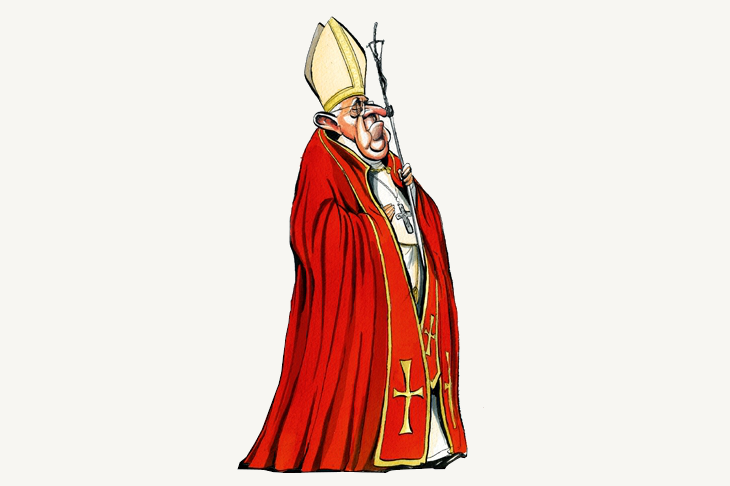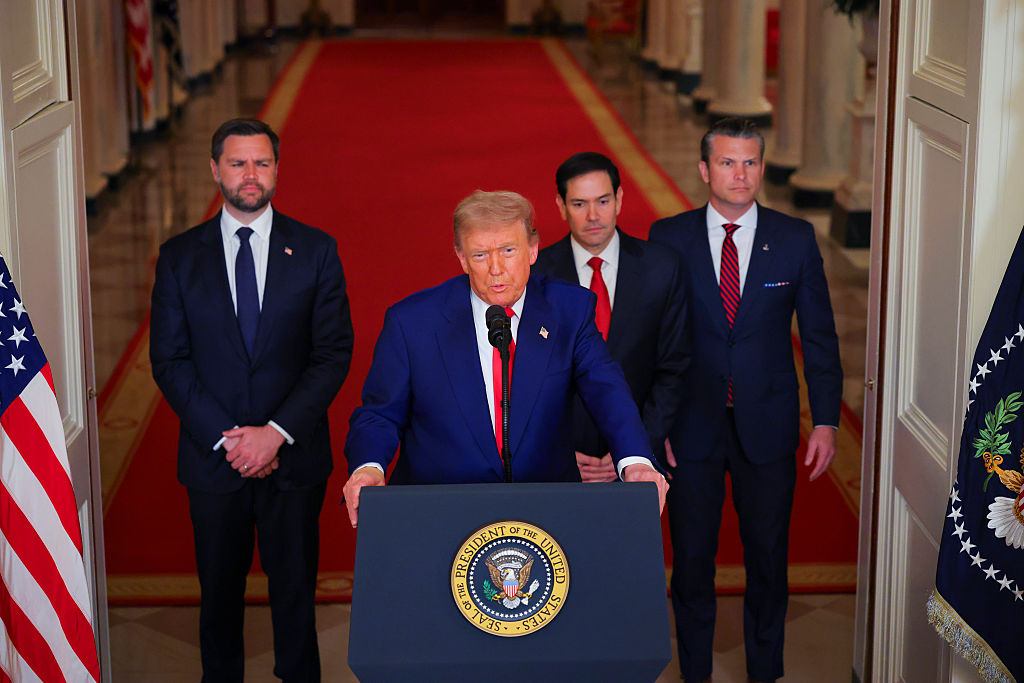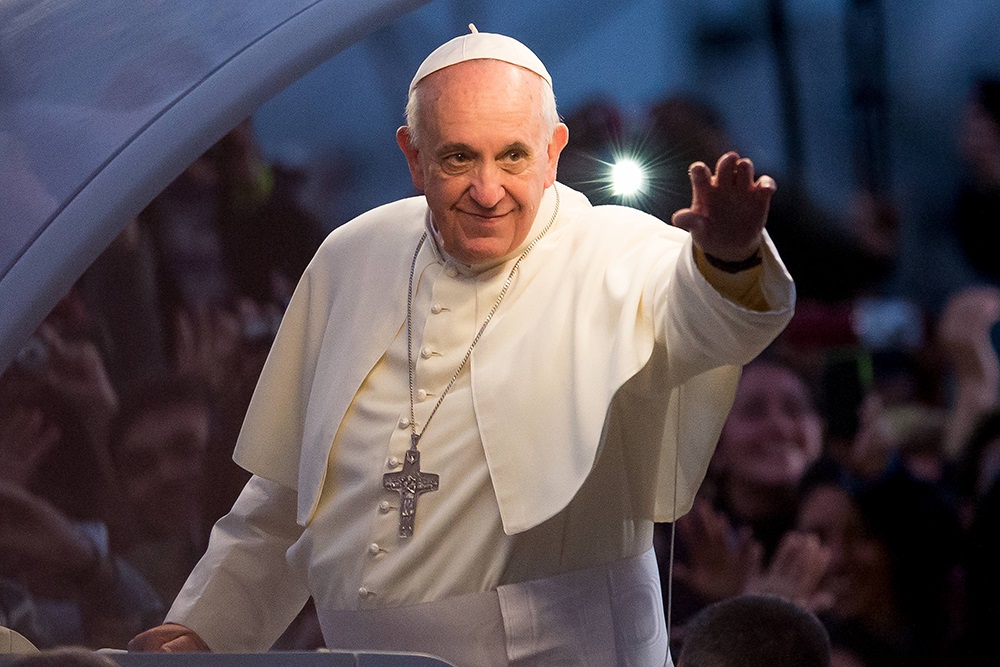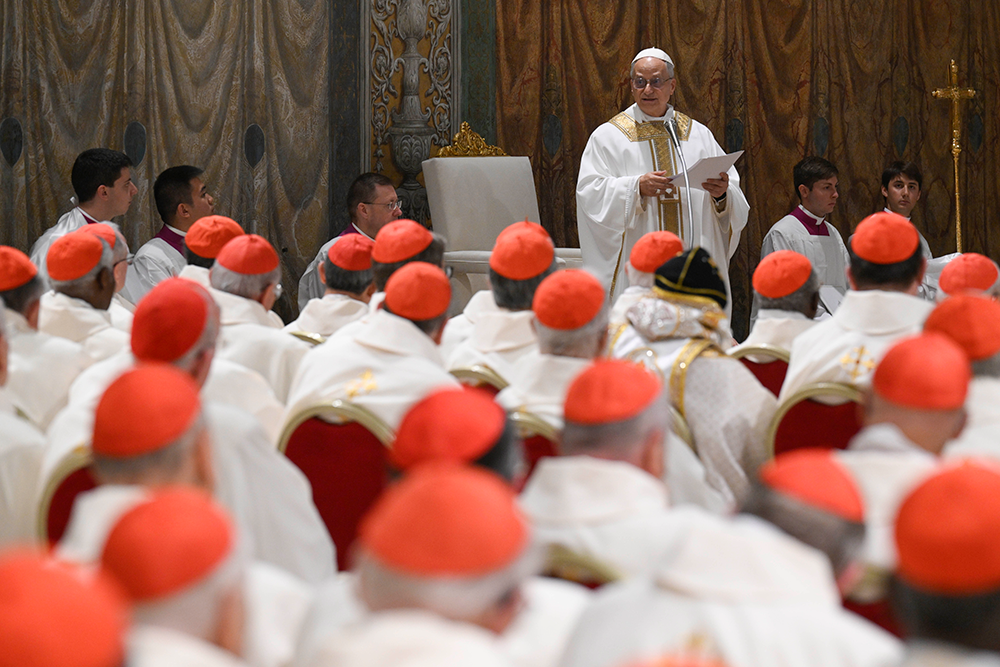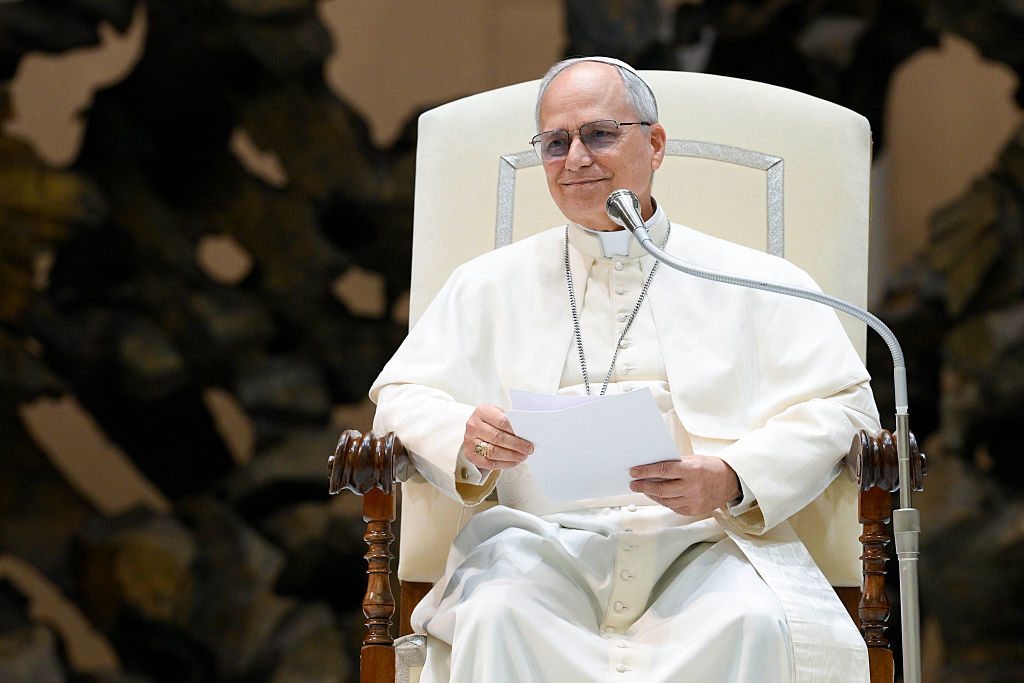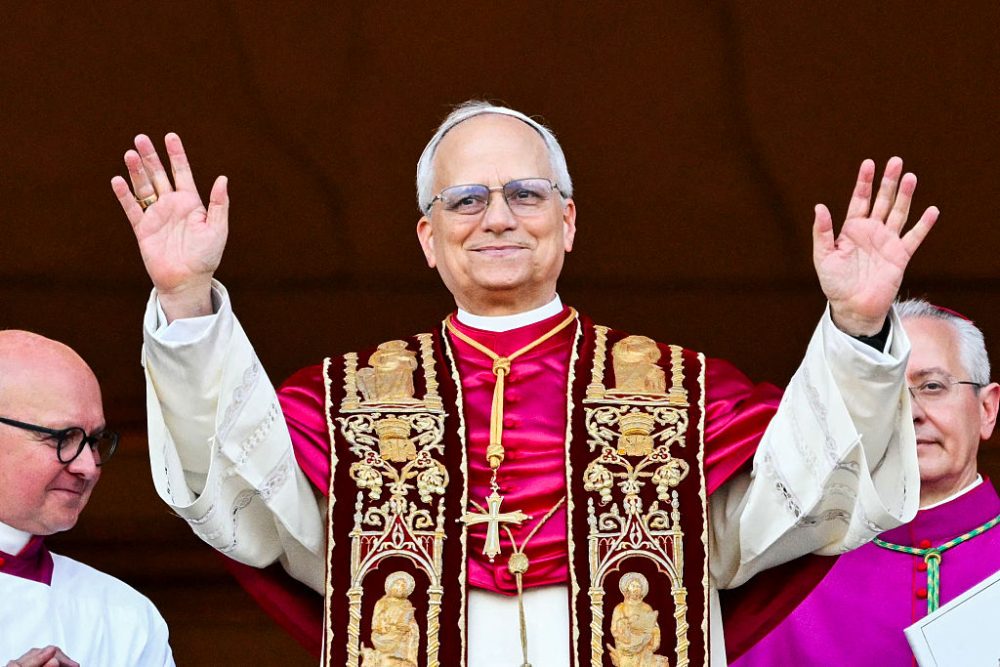Since I wrote about the Pope’s declaration of war on the Old Rite, something unexpected and beautiful has happened. Many bishops have held the line. Far from all: some have gleefully welcomed the opportunity to extinguish the pretty rite, and intellectual justification has come, predictably, from the Jesuits, who haven’t been sound since The Exorcist. But so many other bishops have judiciously, almost seditiously, chosen to interpret the Pope’s instruction to the letter while ignoring its spirit, and given immediate dispensation to the priests who already say it to continue. Others, I’m told, have written or telephoned Old Rite-saying priests to offer personal comfort and reassurance. This is how you quietly turn the tide in a culture war. Ignore the bullies.
Why would the bishops — including friends of Francis — do this? Because he took them by surprise. He insulted them. Francis always said he wanted a ‘synodal church’ that proceeded by debate and consensus, but this was a bolt from the blue: could it be that all along synodality was a way of imposing liberal reform from the center under the guise of consultation?
Second, whatever these men thought of the Old Rite 14 years ago, it’s been active in their dioceses for a while now and they can no longer see any harm in it. In fact, so-called traddy priests are some of the hardest working. Why should an overburdened bishop want to upset or antagonize good priests or laity over a debate that was resolved yonks ago — or so the Vatican has long insisted?
Some readers of my previous column complained that I didn’t explain for a non-Catholic the distinctions between Old and New Rites, but that’s sort of the point. Beyond the externals, the official line is that they don’t exist. The Old Rite is all-Latin, the priest faces away from the people, the congregation, you might say, witnesses rather than actively participates, yada-yada — but though much of the liturgy was reformed in the 1970s, the genius of Catholic tradition is to keep and advance ancient principles through new methods, to tweak the outward appearance of a liturgy, by saying it in English or facing the congregation, while maintaining internal meaning and historical coherence.
This was Benedict XVI’s reading of it, anyway. In 2007, when he issued the Summorum Pontificum, permitting wider use of the Old Rite, he didn’t mean it as a comment on the New Rite but, on the contrary, to reassert that the two Rites have the same heritage, same validity and can even enrich the other — and Heaven knows, aspects of Church life had grown utilitarian and sterile. I am personally of the view that one of the best qualities of Catholicism, one of the things that attracted me to it, is that it is beautiful. This is not mere aesthetics: like St Thomas digging his finger into Christ’s side, humans have a desire to see in order to believe, and religious beauty helps us come closer to God through sensual experience. This is the philosophy of most of the Catholic priests saying the Old Rite: far from being Looney Tunes schismatics, as Francis seems to imagine, they want to restore and revivify the whole Church, and by encouraging the Old Rite in a whole new social context, add something to our appreciation of the New.
Benedict, in short, gifted the Church the conditions for greater unity. It is Francis who has threatened disunity by assuming there is controversy where for 99 percent of Catholics there was none, and Francis who has reignited debate about the liturgy, not the trads. The Benedictine consensus was that the New Rite had strong roots in the Old, but if you disinherit the Old, then what is the basis for the New? Are we saying that sometime in the 1970s the Catholic Church just invented an entirely new liturgy, that this was Year Zero in the history of Catholicism? Such an idea has profound implications for the Church’s authority today.
Francis behaves like a man in a tree, angrily sawing off the branch upon which he sits. It all defies common sense. He could’ve wedded Benedict’s theory of the development of tradition to his own, superb project of stressing the Church’s pastoral role, but he turned out to have limited regard for the pastoral needs of priests and no intention whatsoever of ‘accompanying’ those who want the Old Rite, or probably even those who simply want a bit of beauty. Throughout history, theological radicals have assumed that they know what the poor want better than they do themselves, and in their eagerness to remake the world to suit the image in their mind of a poor person’s utopia, you always end up making everything look drab and depressing (consider Stevenage). The end of history, if the progressives have anything to do with it, will have no color, no perfume, no gilt, no joy. I am reminded of Mark Twain’s insistence that if there’s no smoking in Heaven, he’d rather not go.
The bishops have shown greater sensitivity for human need, particularly that of their priests, some of whom — I know this because they’ve told me — feel their relationship with their bishop has been renewed. More bishops, I hope, will proceed in this fashion. There is however, one very important extra thing to do.
They must commit to giving the Old Rite a future. The diplomatic response to the Pope’s instruction is to preserve it in the present by giving the green light to priests who already say it, but the seminaries are bursting with young men who want to say it, too – and if Benedict was right, and if tradition flows like the River Tiber from the Old to the New Rite, one cannot logically deprive them of the right to do just that. Cardinal Zen made the crucial point that what rite people attend is far less significant than the fact that fewer and fewer Western Catholics attend church at all, and reversing that trend will require genuine unity, pastoral care and a much greater concern for liturgical excellence. The Church should draw people to it, like the Sun.
This article was originally published on The Spectator’s UK website.



